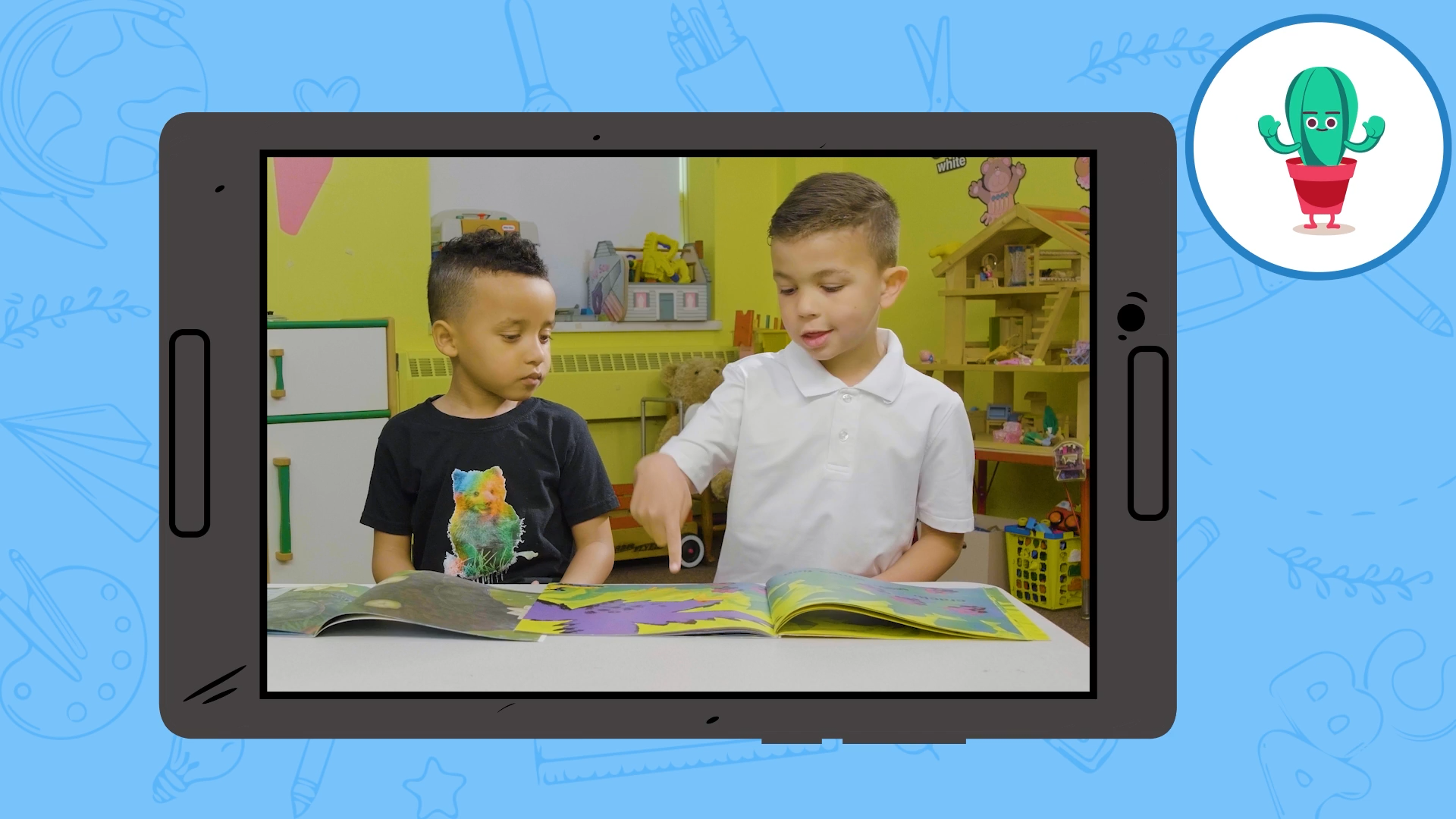
Introduction
Positive self-talk is a powerful tool that can help students develop a healthy mindset, boost their confidence, and improve their overall well-being. In this blog post, we will explore the concept of self-talk and its importance in Social-Emotional Learning for kindergarten students. We will also share a no-prep activity that educators can use to introduce this skill to their students, as well as discussion questions and related skills to further enhance the learning experience.
No-Prep Activity: Color Breathing with Self-Talk
This simple, no-prep activity requires no materials and can be easily incorporated into your daily classroom routine. The goal of this activity is to teach students how to use positive self-talk while practicing a calming technique called color breathing.
- Begin by having the students sit comfortably and close their eyes.
- Guide them through the process of color breathing. Ask them to imagine breathing in calm, blue air and exhaling red, stressful air.
- While students are practicing color breathing, encourage them to use positive self-talk by saying nice things to themselves in their heads.
- Provide examples of positive self-talk statements, such as “I am doing a great job,” “I am a good friend,” or “I can do this.”
- After a few minutes, ask the students to open their eyes and discuss their experience. Encourage them to share the positive statements they used during the activity.
Discussion Questions
Use these questions to facilitate a conversation about self-talk and its impact on students’ emotions and well-being:
- How did you feel during the color breathing and self-talk activity? Did you notice any changes in your emotions?
- What are some examples of positive self-talk statements you used during the activity? How did they make you feel?
- Why do you think it’s important to use positive self-talk? How can it help us in different situations?
- Can you think of a time when you used negative self-talk? How did it affect you? How could you have used positive self-talk instead?
- How can we remind ourselves to use positive self-talk throughout the day?
Related Skills
Teaching self-talk to kindergarten students can be complemented by introducing other relevant social-emotional skills, such as:
- Emotion regulation: Learning how to recognize, understand, and manage emotions in a healthy way.
- Empathy: Developing the ability to understand and share the feelings of others.
- Problem-solving: Enhancing critical thinking and decision-making skills to overcome challenges.
- Resilience: Building the capacity to bounce back from setbacks and cope with stress.
- Growth mindset: Encouraging a belief in the ability to learn and improve through effort and persistence.
Next Steps
Introducing self-talk and other social-emotional skills to your kindergarten students can have a significant impact on their emotional well-being, academic performance, and overall development. To access free sample materials and further explore these skills, sign up at Everyday Speech. By incorporating these valuable lessons into your classroom, you can create a supportive and nurturing environment that fosters the growth of confident, resilient, and empathetic learners.









